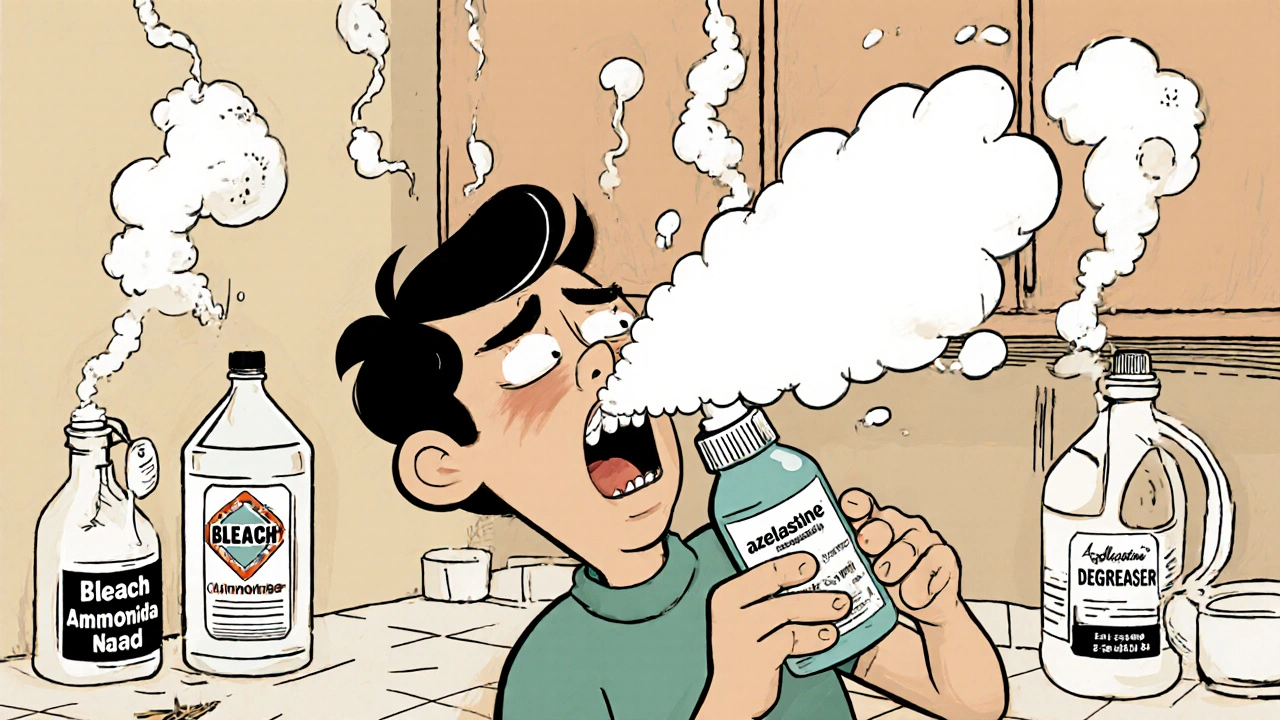Nasal Allergy Treatment: Effective Options and What Actually Works
When your nose won’t stop running, itching, or blocking up, you’re not just dealing with a cold—you’re dealing with nasal allergy treatment, a set of strategies used to manage allergic rhinitis caused by pollen, dust, pet dander, or mold. Also known as allergic rhinitis, this condition affects over 60 million people in the U.S. alone, and most of them are using the wrong tools for the job. It’s not about popping a pill and hoping for the best. Real relief comes from matching your symptoms to the right kind of treatment—and knowing what to avoid.
There are three main players in nasal allergy treatment: nasal corticosteroids, anti-inflammatory sprays that reduce swelling and mucus production over time, antihistamines, oral or nasal meds that block histamine, the chemical that triggers sneezing and itching, and decongestants, short-term solutions that shrink swollen blood vessels to open up your nasal passages. Many people reach for decongestant sprays first because they work fast—but using them longer than three days can make your congestion worse. That’s called rebound congestion, and it’s a trap. Nasal corticosteroids, on the other hand, take a few days to kick in but are the most effective long-term option for most people. They’re not addictive. They don’t cause drowsiness. And they work better than pills for stuffy noses.
Antihistamines come in two flavors: the old-school ones like diphenhydramine that knock you out, and the newer ones like loratadine or cetirizine that keep you alert. If your main problem is sneezing and itchy eyes, a non-drowsy antihistamine might be enough. But if your nose is completely blocked? You’ll need the corticosteroid spray on top of it. Some people try saline rinses or nasal filters, and those can help reduce exposure to triggers—but they won’t stop your body’s reaction. You still need medication to calm the inflammation.
What you’ll find in the posts below isn’t just a list of drugs. It’s a practical breakdown of what works, what doesn’t, and why some treatments get misused. You’ll see real comparisons between nasal sprays, how long they take to work, what side effects actually matter, and which options are safe for long-term use. No fluff. No marketing hype. Just clear, no-nonsense info to help you stop guessing and start feeling better.

How Azelastine Helps Treat Chemical Allergies
- 20 Comments
- Oct, 30 2025
Azelastine is a fast-acting nasal spray that effectively treats allergy symptoms caused by chemical exposure, offering relief without the drowsiness of oral antihistamines. Ideal for occupational or environmental triggers.




